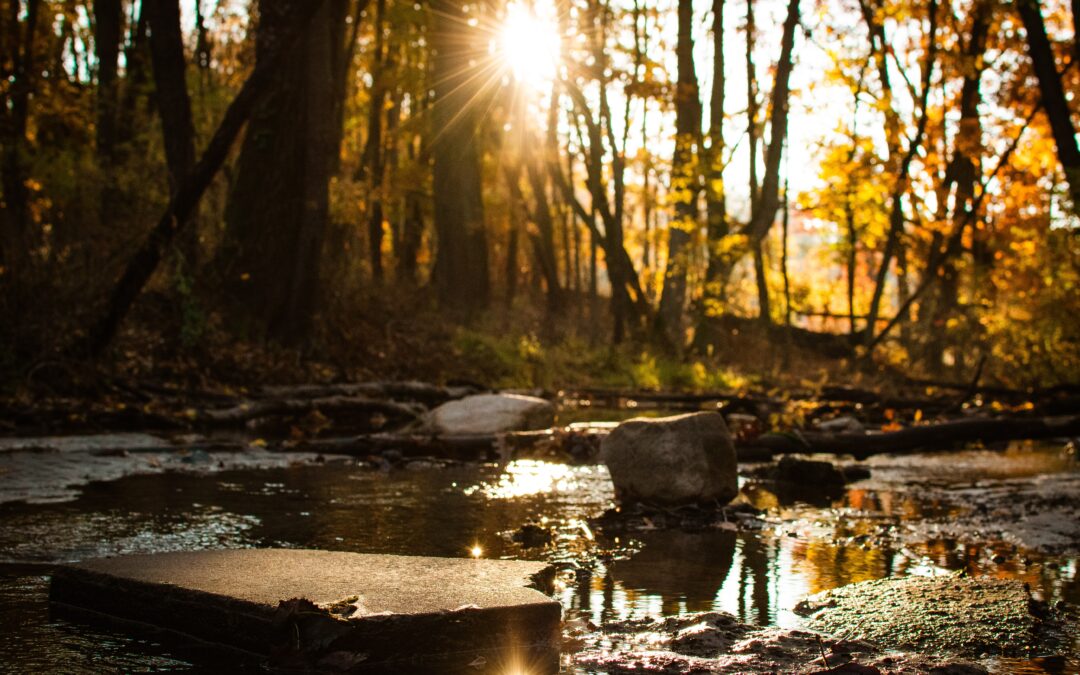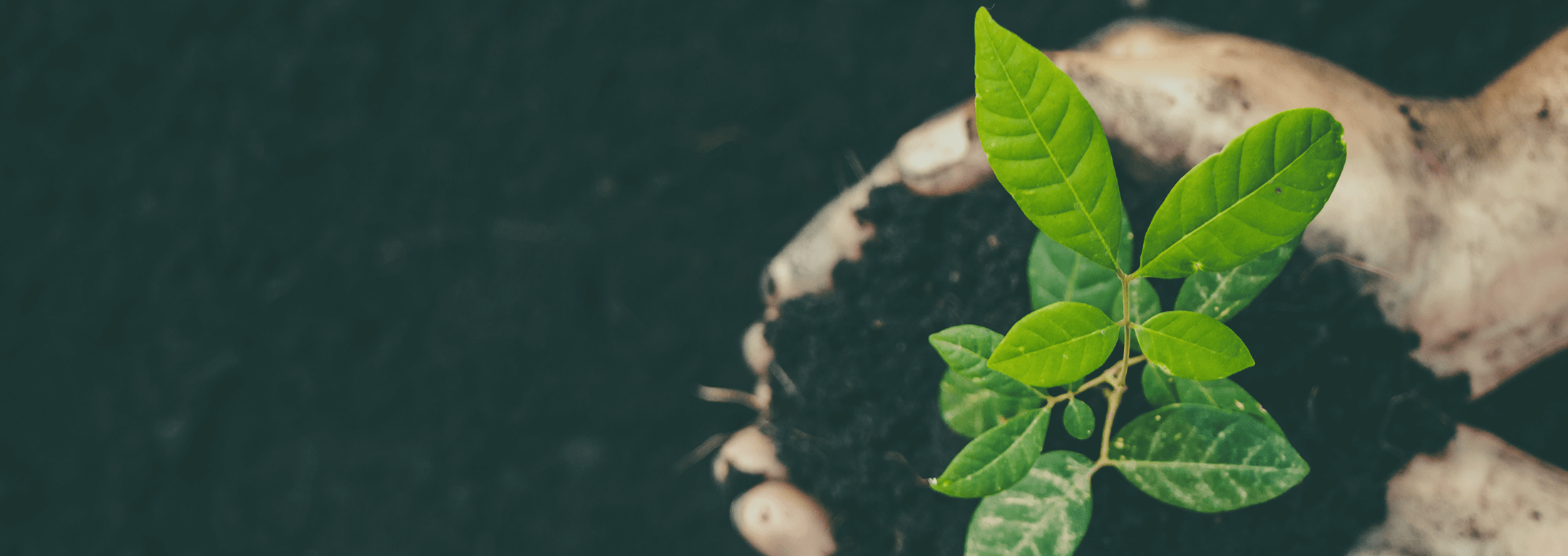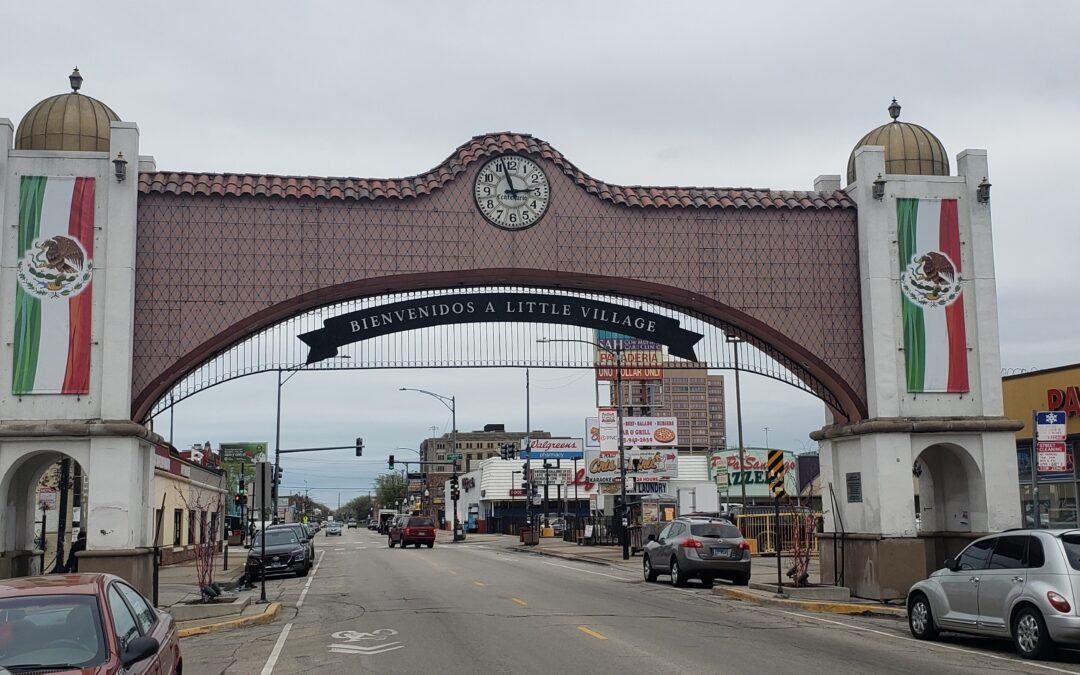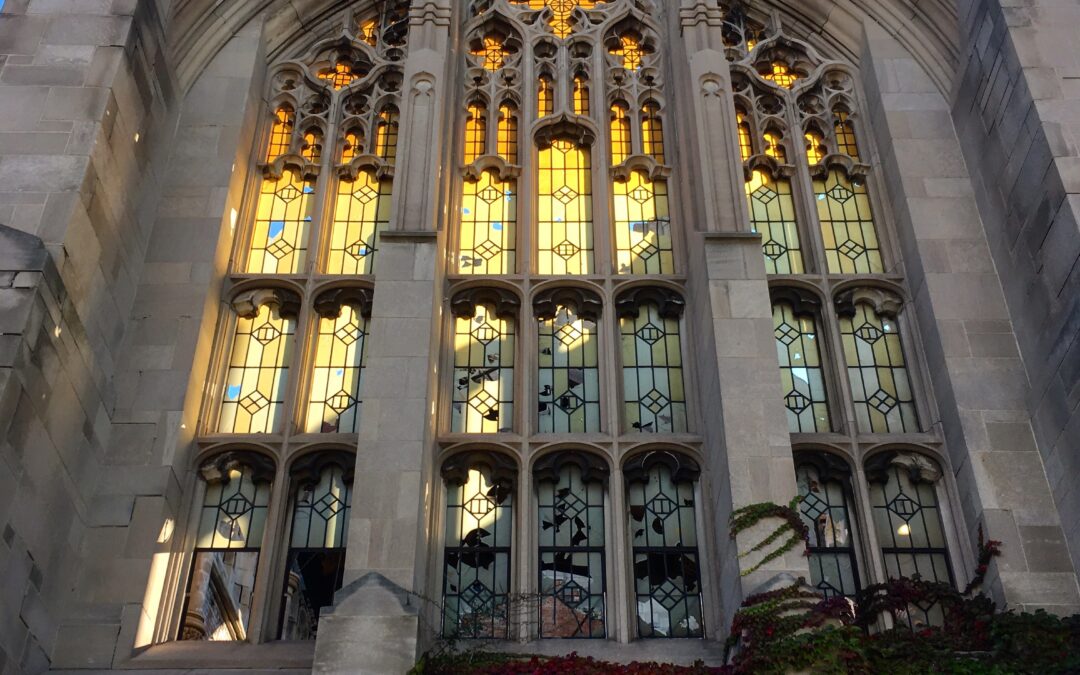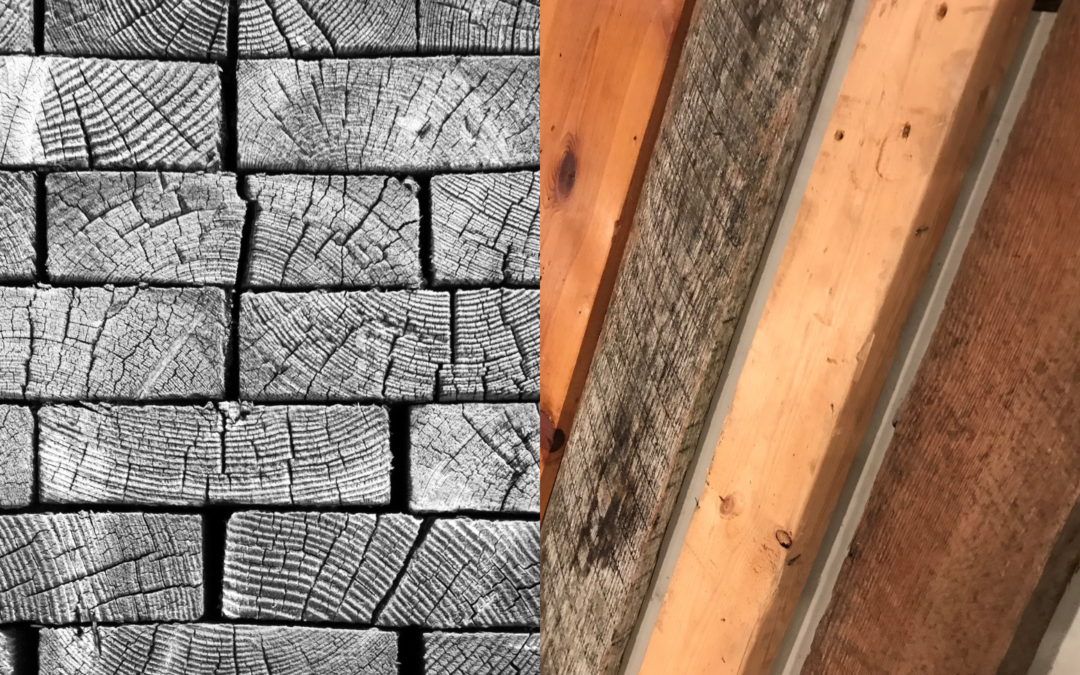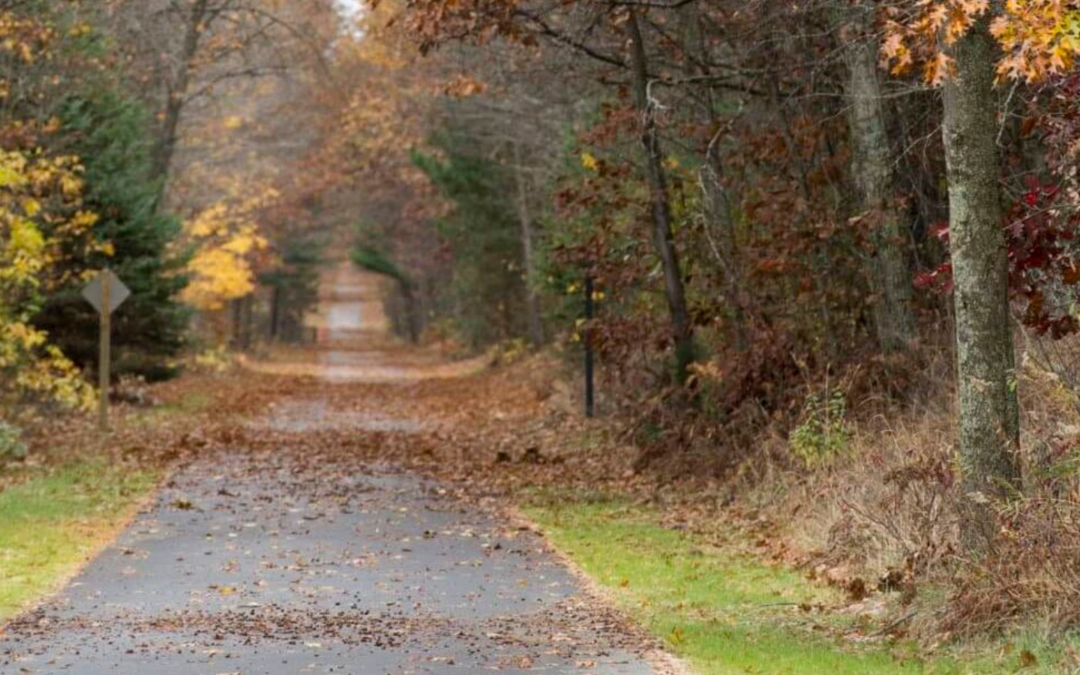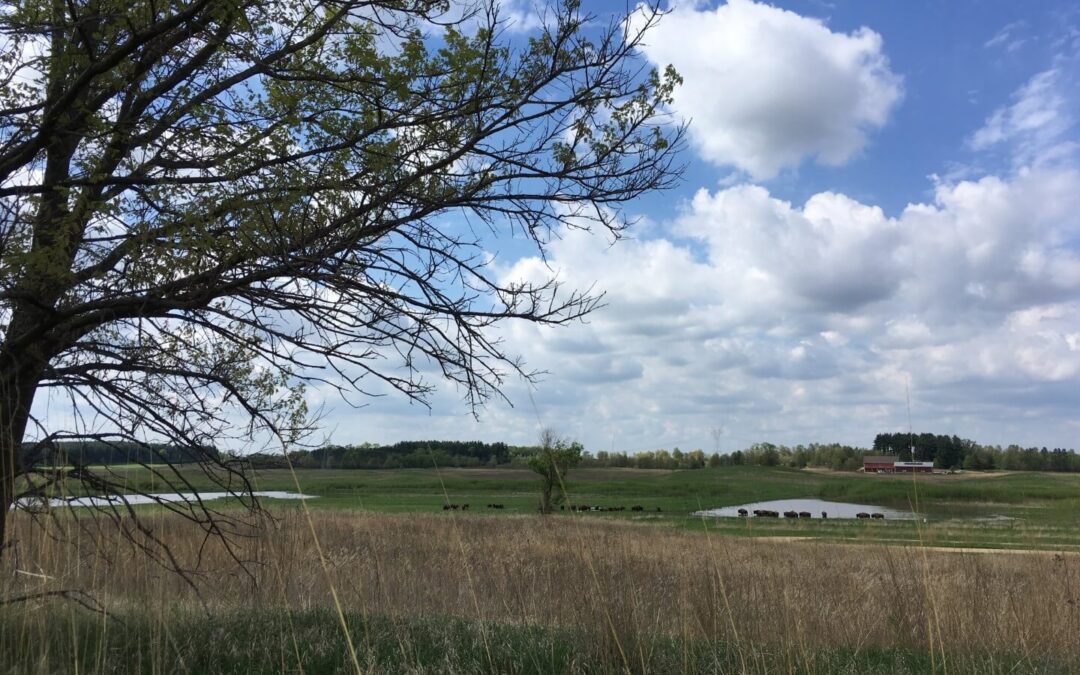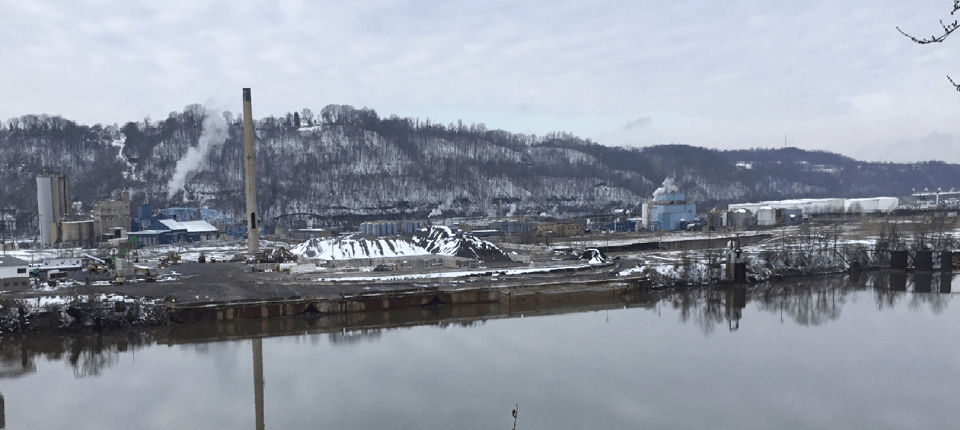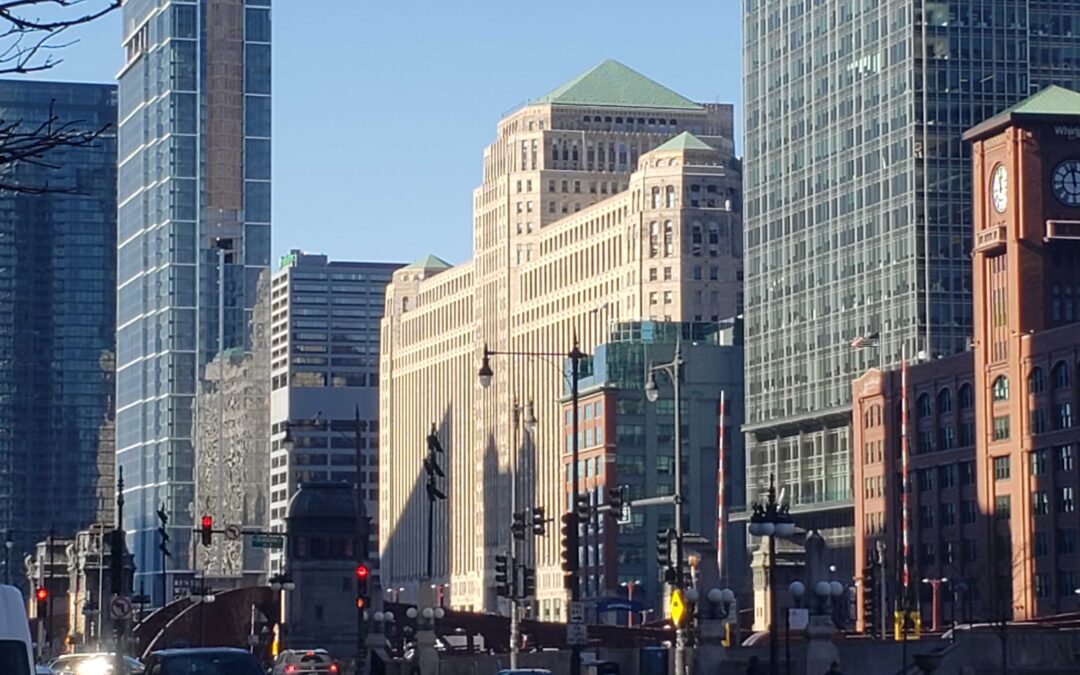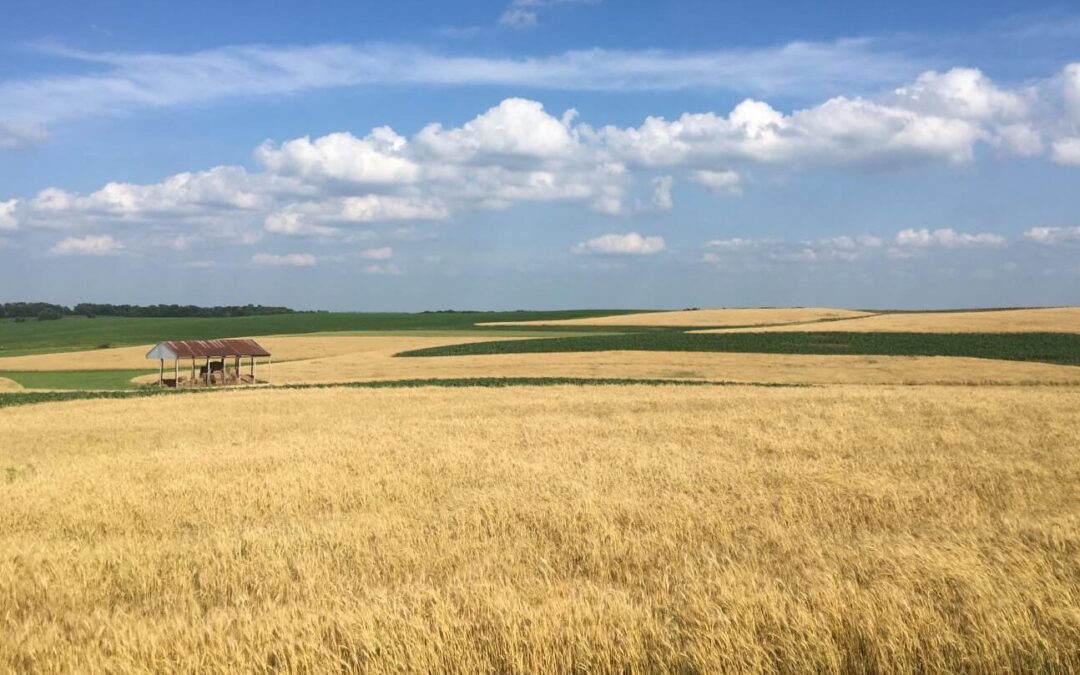Delta Institute (Delta) created a market and performance-based agricultural incentive program to reduce phosphorus loading in the Kalamazoo River Watershed associated with agricultural sources. Participating farmers entered bids to achieve phosphorus loading reductions at the lowest cost by implementing conservation practices. Farmers whose bids are accepted are paid to achieve those reductions.
